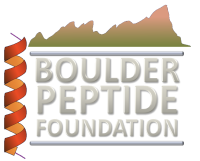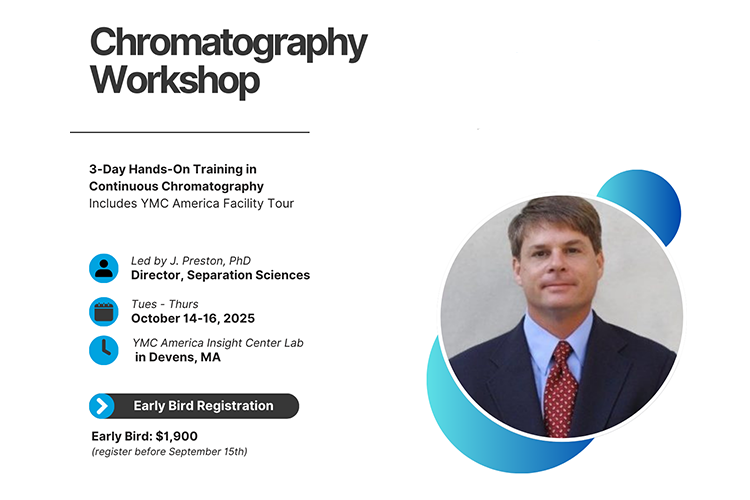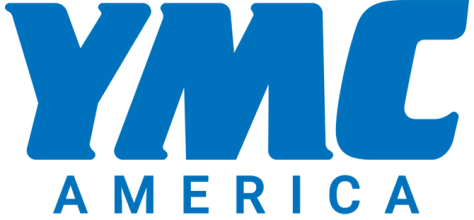Hybrid UHPLC and HPLC Columns and Media: YMC-Triart Phenyl and PFP
What’s the big deal about YMC-Triart? Simple. Instead of ordinary spherical silica as the base particle in the stationary phase, YMC-Triart phases start with a novel hybrid particle of alternate layers of inorganic and organic silane material. It is on top of that base particle that the stationary phase is synthesized.
The YMC-Triart hybrid particle is stronger than silica (more durable under high pressure; ideal for UHPLC). YMC-Triart also offers higher chemical durability (can be used across a wider pH range). Even at temperatures above ambient, the YMC-Triart particles retain their mechanical and chemical toughness.
Everybody already knows about YMC-Triart C8 and C18. YMC-Triart Phenyl and Pentafluorophenyl (PFP) add distinctly different selectivity to the “Triart Family,” so chromatographers can enjoy the benefits of Triart with broader options in addressing separation design.
Differences in separation between YMC-Triart C8 and C18 are primarily related to hydrophobicity. YMC-Triart Phenyl and PFP differences include not only to the hydrophobicity of the materials, but also to polar interaction and π-π interaction.
YMC-Triart Phenyl
During separations, the Phenyl stationary phase interacts with the analyte of interest to result in unique selectivity for aromatic molecules. Phenyl can typically be used only within limited temperature and pH ranges. YMC-Triart Phenyl, on the other hand, is rated with a pH range of 1-10 and can be used at temperatures of up to 50⁰C. It is designated as a USP L11 stationary phase and is available in particle sizes of 1.9µm, 3µm, and 5µm. Larger particle sizes are available upon request.
For more information on YMC-Triart Phenyl, please visit our website:
https://www.ymcamerica.com/columns/otherreversedphase/ymctriartphenyl.htm
YMC-Triart PFP
PFP is a USP L43 stationary phase with a pH range of 1-8 and can be used at temperatures of up to 50⁰C. The material is available in particle sizes of 1.9µm, 3µm, and 5µm. Larger particle sizes are available upon request.
YMC-Triart PFP can be useful for separation of halogen-containing compounds and has been shown to be an ideal choice for the difficult separation of piperine isomers.
For more information on YMC-Triart PFP, please visit our website:
https://www.ymcamerica.com/columns/otherreversedphase/ymctriartpfp.htm
Related Posts

September 9, 2025
We are Attending Boulder Peptide Symposium

September 2, 2025
Continuous Chromatography Workshop – registration open!

February 9, 2021
